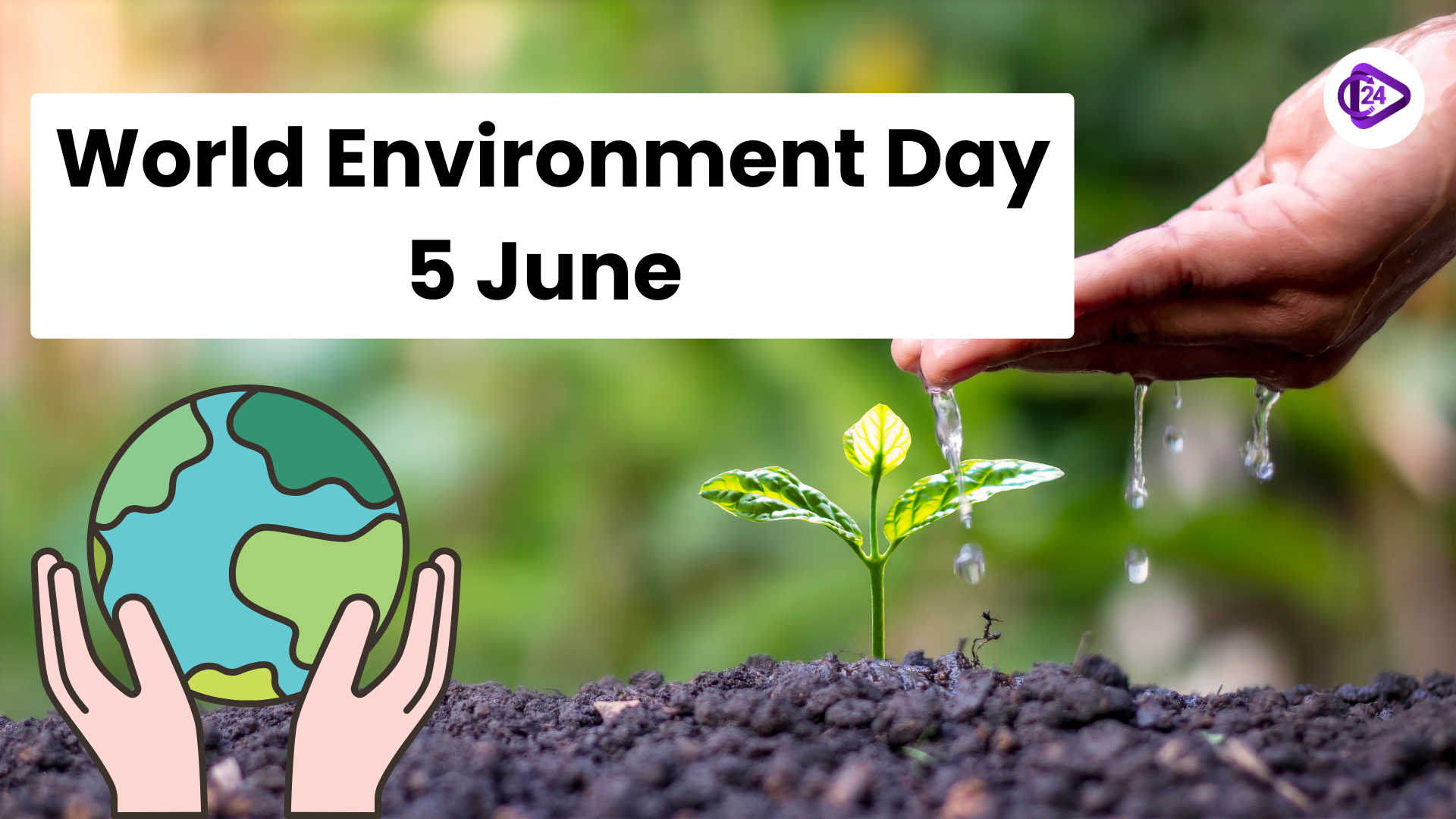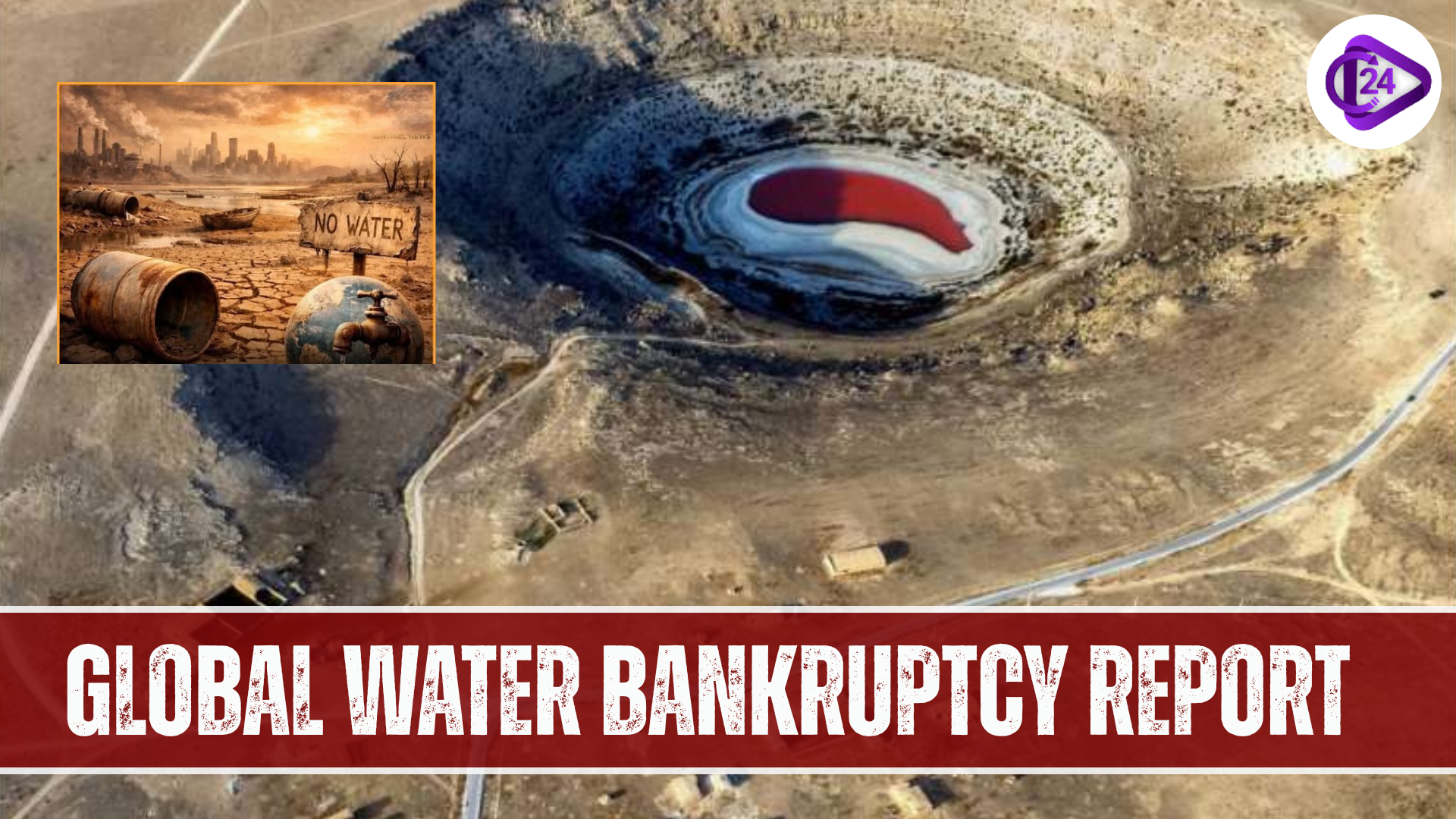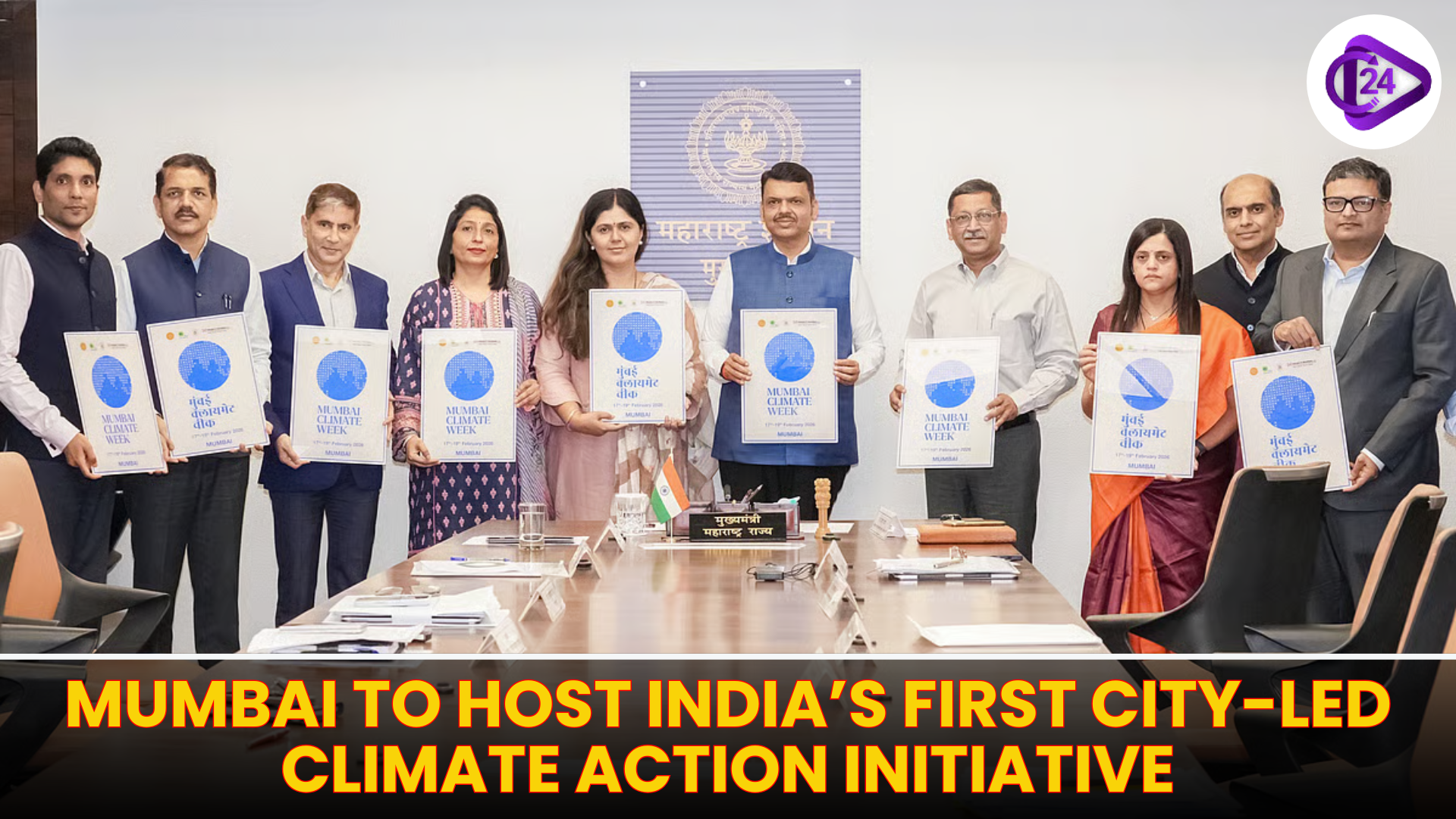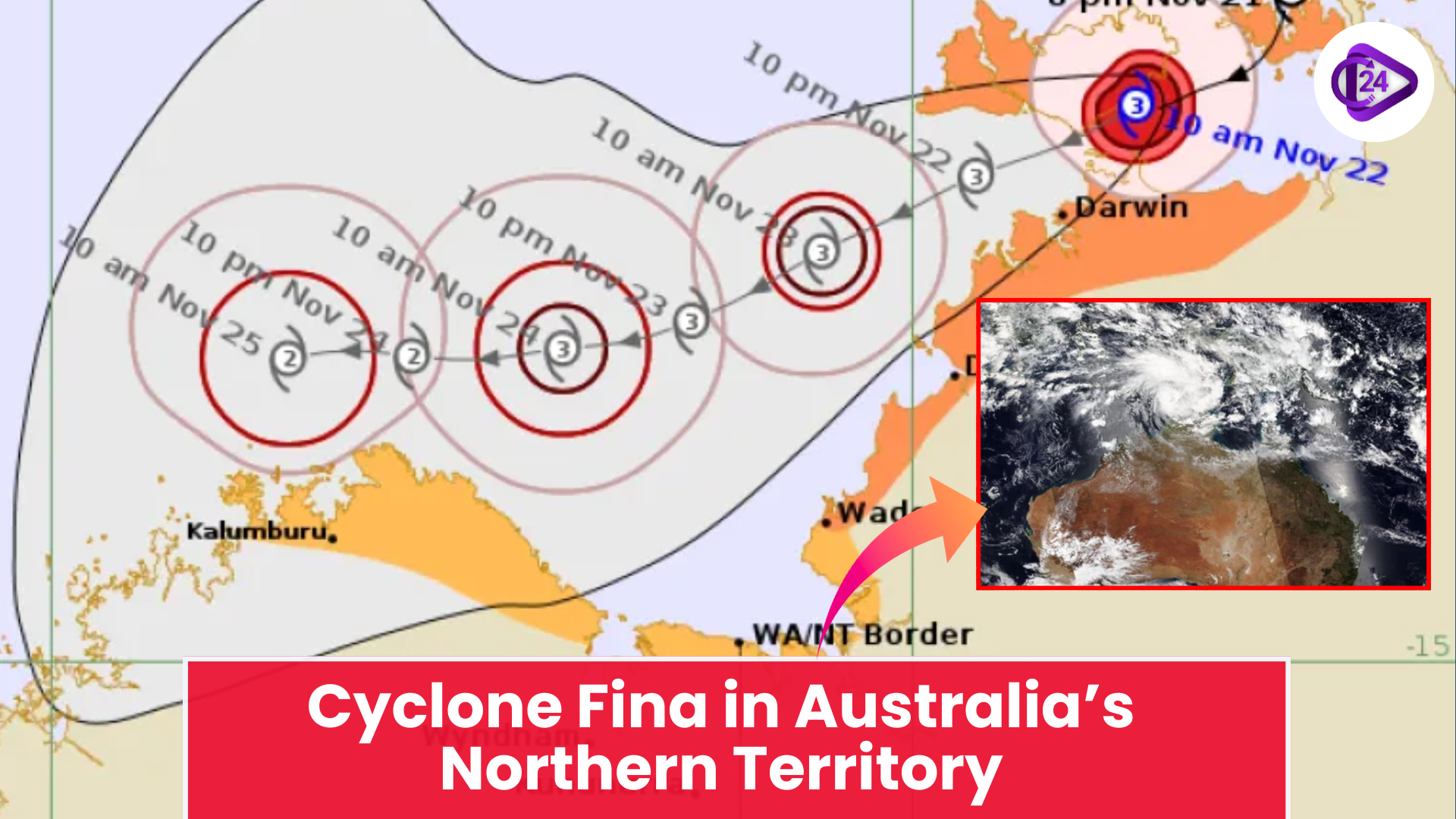Daily Quizzes
Mock Tests
No tests attempted yet.
Select Category

Every year on June 5, World Environment Day encourages people and countries to care for the environment. South Korea will host the Conference in 2025, while the main theme is “Beat Plastic Pollution.” This day helps people everywhere to waste less plastic and support eco-friendly habits. It all began in 1972 with the United Nations Conference on the Human Environment which then prompted the formation of UNEP. Every year, the event explores new environmental issues and in 2025, the key issue will be plastic waste and its pollution.
Summary:
-
On World Environment Day 2025, the focus is on “Beat Plastic Pollution” to reflect the problems we face due to plastic pollution.
-
The conference is held in South Korea to inspire people across the globe to oppose plastic and reduce pollution.
Key Points
Beginning of World Environment Day
-
After the 1972 United Nations Conference on the Human Environment which was held in Stockholm, Sweden, people began to talk about sustainability.
-
The United Nations formed UNEP.
-
By 1973, UNEP had begun organizing World Environment Day every year.
First Theme:
-
“Only One Earth” was the first theme and it stressed that Earth is the only planet where we can live.
-
Stories and films are now created to highlight environmental problems such as pollution, cutting down forests and changes in climate.
The theme of 2025 is “Beat Plastic Pollution”
-
Gives attention to how plastic waste can harm both nature and human beings.
-
Plastic takes a very long time to dissolve and it is present in many different ecosystems, causing harm to both the wildlife and humans.
Host location – South Korea
-
South Korea is welcoming World Environment Day for the second year.
-
The nation has taken steps to lessen its plastic waste and put money into new green technologies.
-
South Korea encourages countries around the globe to stop plastic pollution.
What is Plastic Waste?
-
The yearly production of plastic is over 430 million tonnes and two-thirds of it ends up as waste.
-
A very little percentage of plastic, only 9%, is recycled and most is found in landfills, rivers and seas.
-
It has been established that microplastics, which are dangerous, are present in our drinking water, in what we eat, the air we breathe and in the human body.
Global action to Control Plastic Waste:
-
170 countries signed up to the United Nations Global Treaty to End Plastic Pollution in 2040.
-
The deal wants to limit manufacture of plastic, increase use of things that can be used more than once and help develop biodegradable products.
-
Ban on single-use plastics is enforced in many countries, including India.
Conclusion
This year’s World Environment Day urges everyone to act immediately against the problem of global plastic pollution. South Korea’s actions, together with United Nations efforts, are especially important in fighting the issues plastic waste brings to both the environment and our health. It will be vital for taking these actions to protect the environment and sustain life in the future: cutting down on plastics, recycling and starting to use more green solutions.



 Goa Set to Release Its First Biodiversity and Culture Map
Goa Set to Release Its First Biodiversity and Culture Map Gujarat Becomes India's No. 1 Renewable Energy Contributor
Gujarat Becomes India's No. 1 Renewable Energy Contributor Global Water Bankruptcy Report
Global Water Bankruptcy Report Mumbai To Host India's First City-Led Initiative To Showcase Climate Action
Mumbai To Host India's First City-Led Initiative To Showcase Climate Action Biologist Toby Kiers Wins Tyler Prize for Revealing Fungal Networks
Biologist Toby Kiers Wins Tyler Prize for Revealing Fungal Networks Why Protecting the Aravalli Range Matters for Climate, Water, and Biodiversity
Why Protecting the Aravalli Range Matters for Climate, Water, and Biodiversity Supriya Sahu Wins UNEP Champions of the Earth 2025
Supriya Sahu Wins UNEP Champions of the Earth 2025 World Soil Day 2025: Celebrating “Healthy Soils for Healthy Cities”
World Soil Day 2025: Celebrating “Healthy Soils for Healthy Cities” New Seismic Zonation Map of India
New Seismic Zonation Map of India Cyclone Fina Hits Northern Australia With Destructive Force
Cyclone Fina Hits Northern Australia With Destructive Force






